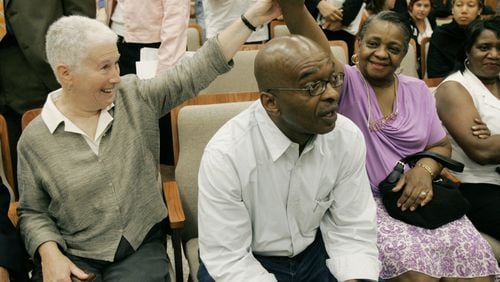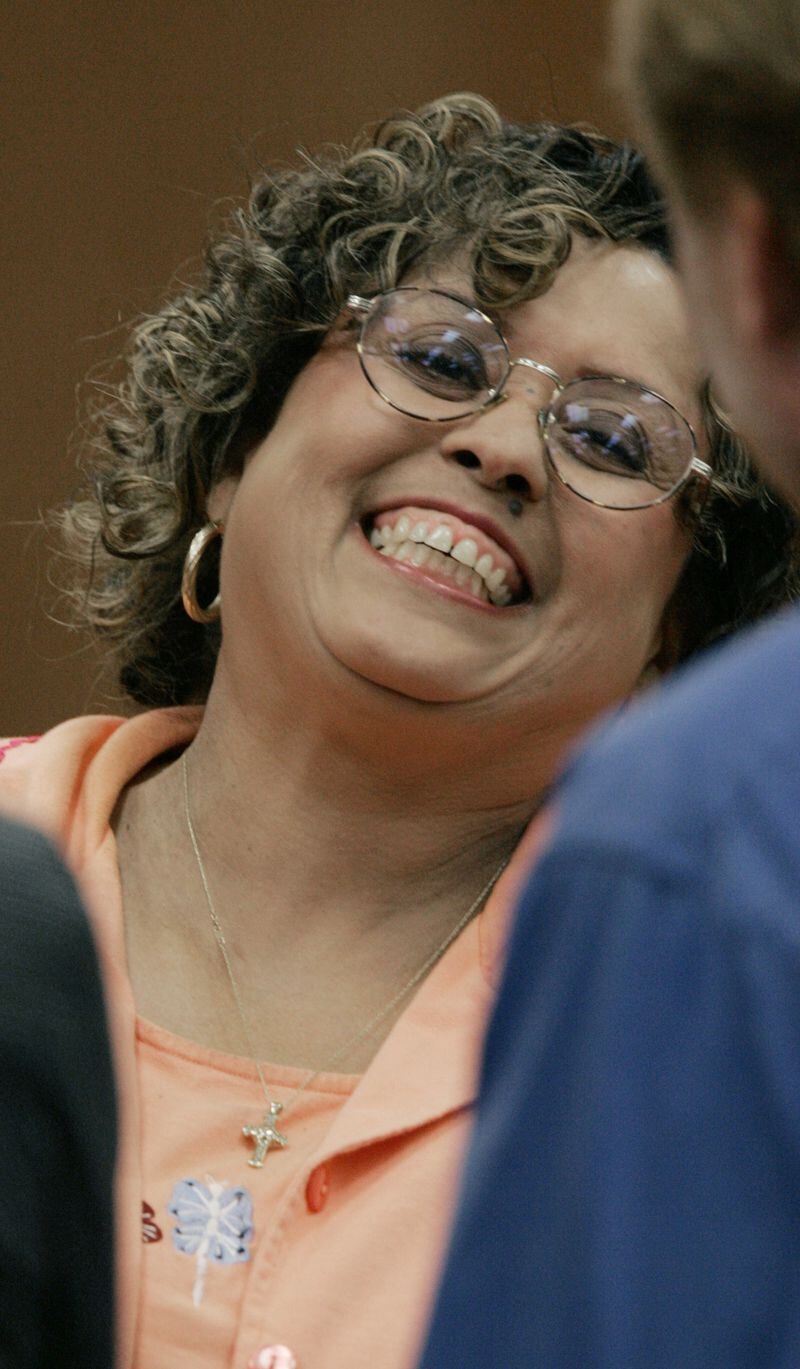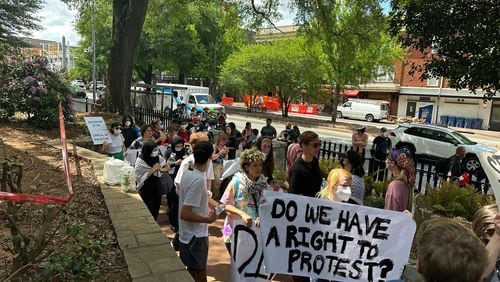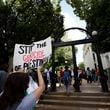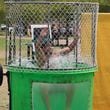NOTE: This article originally published on June 17, 2005, during the trial of Edgar Ray Killen.
Philadelphia, Miss. — At first, you don't realize who they are, these black men and women lining the first two rows of this cavernous courtroom.
For many, time has muddied the resemblance to the young people they were some four and five decades ago when the Ku Klux Klan and other racists rained terror on them and robbed them of their loved ones.
» RELATED: 'Mississippi Burning' KKK leader Killen dies in prison
» FROM 2005: Klansman convicted of killing 3 civil rights workers
Vernon Dahmer Sr.
James Chaney.
Emmett Till.
But they were there on Thursday, the relatives of those three civil rights martyrs. There to hear the first day of testimony in the murder trial of Edgar Ray Killen, reputed recruiter for the Klan in this red clay county. Prosecutors say this 80-year-old man, when he was in his prime, planned and helped coordinate the murders of Chaney, Michael Schwerner and Andrew Goodman, civil rights workers trying to help blacks register to vote here 41 years ago.
The relatives sat shoulder to shoulder listening intently, watching carefully as history unfolded in the Neshoba County Courthouse. The seats they occupied were reserved for family members in this case. But in this moment family is more loosely defined, for these people are bound not necessarily by blood but by grief.
Rita Bender, widow of "Mickey" Schwerner, was the first to testify. Before she took the stand she embraced the few people in the room who could truly empathize with her. That she is white made no difference. They had all walked similar roads.
Credit: ROGELIO SOLIS
Credit: ROGELIO SOLIS
Barbara Chaney Dailey said she hoped this trial might be the last leg of that journey. But she wasn't certain. In 1967, Killen, a Baptist minister, was set free after a federal jury deadlocked in his conspiracy trial. A lone juror said she couldn't convict a preacher.
Dailey had come from her home in New Jersey for the trial. She sat next to her brother, Ben.
"I've been waiting so long for all this to fall into place," Dailey said. "I was just hoping I would go in there, and they'd say 'guilty' then they'd just go on and take him to jail or whatever they're going to do. But it's not like that. This is going to take some time."
Gloria Williams, too, knows what it is to wait as justice makes its slow turn. She is the second cousin of Emmett Till, the Chicago youth whose murder in 1955 in Money, Miss., brought the ugly face of Jim Crow front and center. Till's case was reopened last year, though some speculate it may be difficult to prosecute anyone since two of the confessed killers have died.
Nonetheless, Williams rode in from Jackson on Thursday. Testimony from deceased witnesses in the Philadelphia case will be read during the trial. That gives Williams hope if Till's case makes it to court.
"I know what Chaney was trying to do because I was doing the same thing; I was a poll watcher," Williams said. "But people now don't understand what we went through, the hardship of the real people. It was rough back then, it was rough."
Bettie Dahmer knows about that. She's 49 but she can still remember the smoke and flame that engulfed her home one January night in 1966 when the Klan firebombed it.
The Klan was after her father, Vernon Dahmer Sr., a prosperous black farmer and shopkeeper who helped black people pay the poll tax Jim Crow laws demanded if they wanted to vote. That night, as the fire roared around him, Dahmer stood on his porch and fired at the Klansmen so his family could escape. He later died. Smoke and flames seared his lungs.
"They fully intended to kill us all," said Bettie Dahmer, who now lives in Hattiesburg.
Sam Bowers, the same Klan Imperial Wizard who prosecutors said sanctioned the murder of Schwerner, Goodman and Cheney, was convicted in 1998 in connection with Dahmer's death.
"He is currently residing in the Central Mississippi Correctional Facility," Dahmer said with a smile. "This is the same man who once said no white man would ever go to jail for killing a nigger in Mississippi."
That it took decades for that conviction to happen, Dahmer said, can be looked at in this way: "There had to be a generation of Mississippians born who saw the need to correct the wrong," she said. "I'm just so happy to be alive to see the state of Mississippi come to terms with its past."
